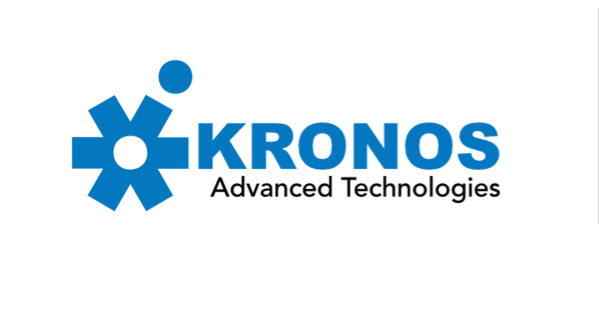Two U.S. companies, Kronos Advanced Technologies and Yasheng Group, have entered into a strategic partnership to develop a small nuclear battery named Nickel 63 to narrow the battery development gap with China. According to the announcement made by the new partnership, the nuclear battery will have an extended lifespan of up to 50 years.
Nickel 63 can be used to address critical energy storage needs across various sectors, including medical devices, remote sensing, space exploration, and military use for various purposes. The nuclear battery can continue to provide energy up to 50 years without needing a recharge.
The announcement comes months after a Chinese startup named Betavolt had come up with its own nuclear battery called BV100. Their battery is about the size of a little coin. The Betavolt’s battery is currently in the pilot stage. It is undergoing rigorous testing to ensure that it meets all the demands, and functions as intended.
The collaboration between the U.S. companies is aimed at giving the U.S. a homegrown nuclear battery option. They also expect to capitalize on the market for the product in China.
A nuclear battery works by converting a radioactive isotope into electrical energy through its decay. These batteries can last for several decades, and provide a long-term solution for energy storage. They can also generate substantial energy while minimizing waste as they decay radioactive materials.
The energy provided by nuclear batteries does not rely on chain reactions, as is the case in nuclear power plants. Nuclear batteries are lightweight and long-lasting can can be of immense use in various applications.
Nickel-63 batteries can power implantable medical devices such as pacemakers, artificial hearts, and cochlear implants. The long lifespan, reliability, and safety of nuclear batteries make them ideal for medical applications where frequent battery replacements are not feasible. The aerospace and defense sectors can utilize them for long-duration spaceflights, and heavy-duty missions for crafts. Nuclear batteries can also be of use in remote sensors, and Internet of Things (IoT) devices that need a maintenance-free power source. Their long operational life can ensure continuous monitoring in remote locations.
A major field which could change forever with the introduction of nuclear batteries would be consumer electronics. If used in devices like smartphones, laptops and other gadgets, nuclear batteries can guarantee non-stop use for decades without needing constant recharging.
The two firms in the U.S. have joined hands to ensure that the nuclear battery will be developed and patented in both the U.S. and China. According to the partnership agreement, Yasheng Group will be responsible for filing the nuclear battery patent in China. Kronos Advanced Technologies will handle the filing in North America. Both companies stand to benefit from the process as they have agreed to share ten percent of the royalties they earn in the U.S. and China, respectively, with each other.
The nuclear battery will contain several key features which will make it safe and desirable for consumers. According to a joint press release, the battery will efficiently capture and convert beta particles into electrical energy using semiconductor materials. It will also have a robust radiation-shielding housing to guarantee safety and prevent radiation leakage. To ensure stable operations, the nuclear batteries will also have advanced thermal management systems.
The press release that was issued by the two companies claims that the market potential for nuclear batteries is projected to grow significantly in the coming years.
